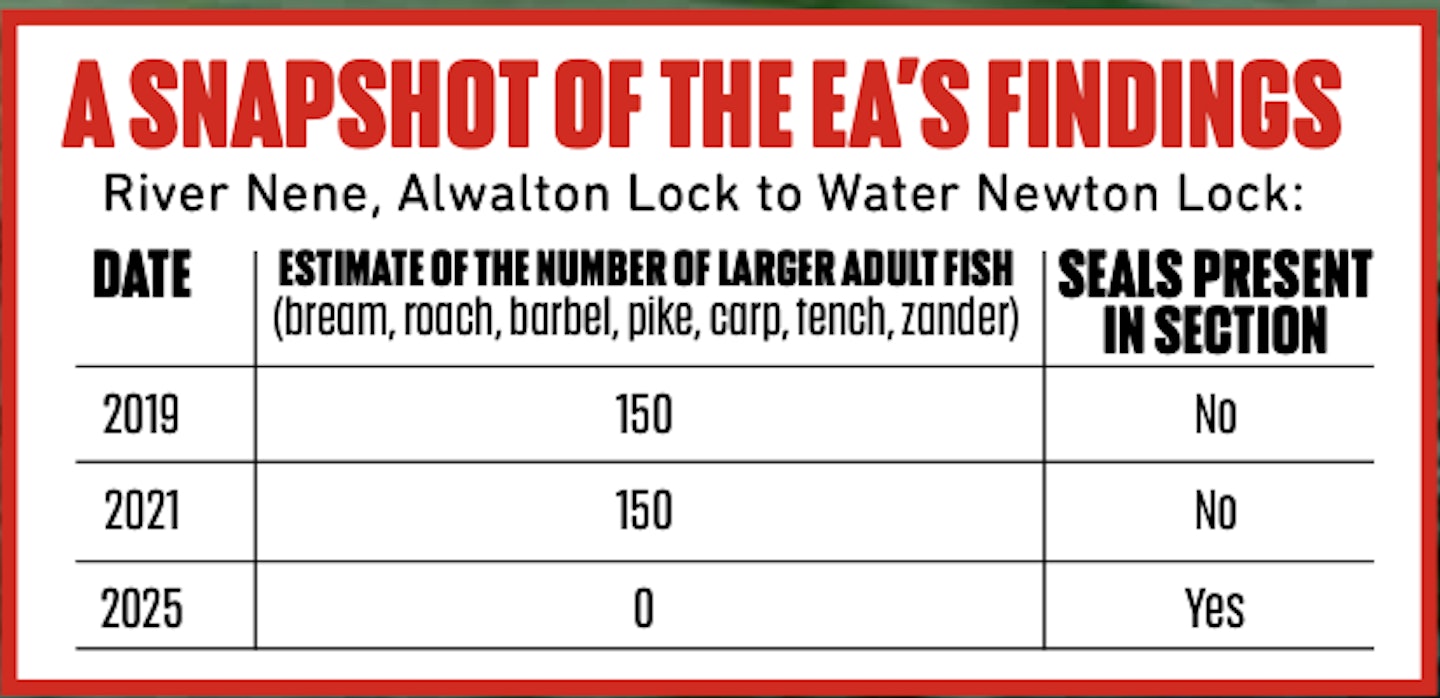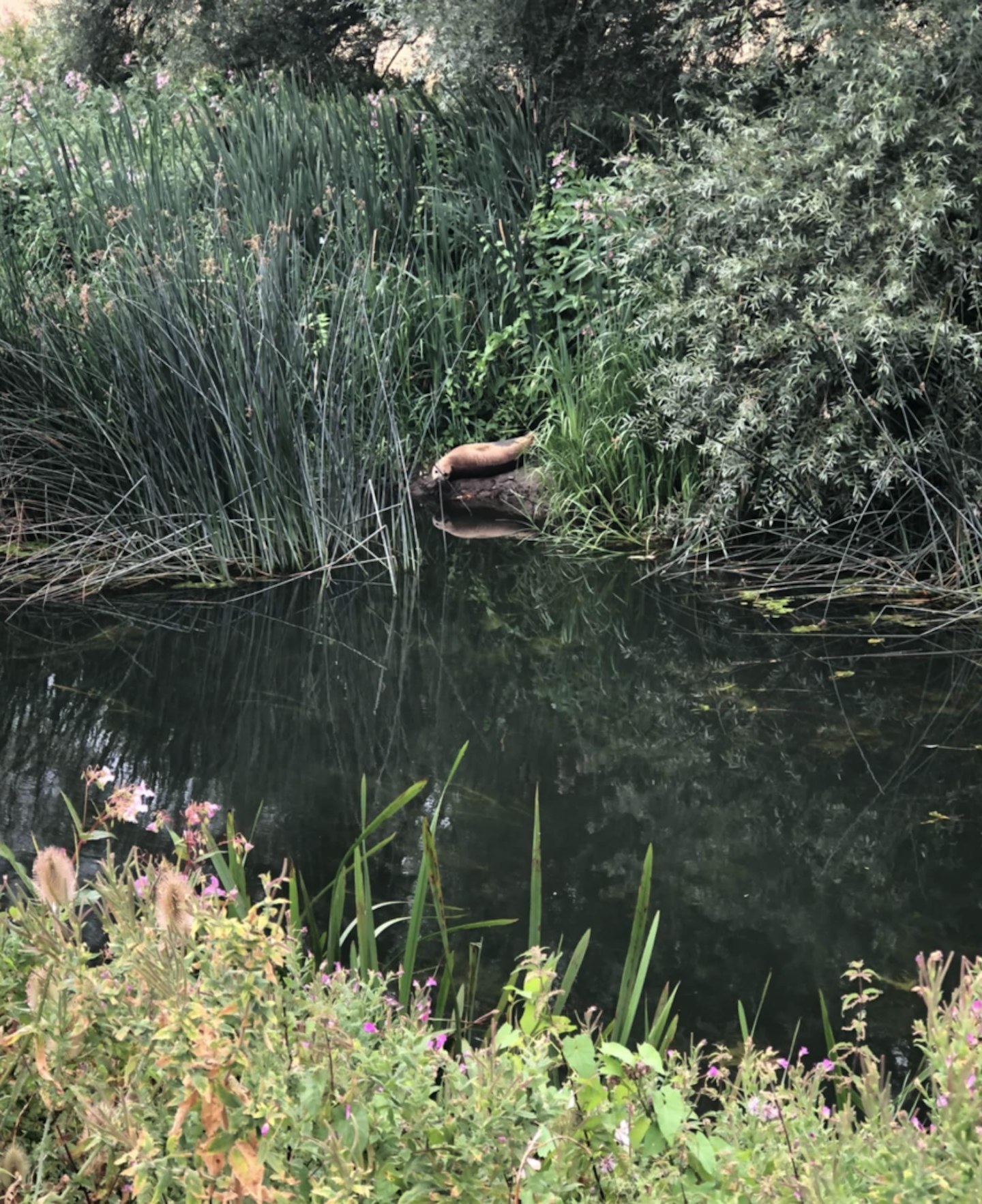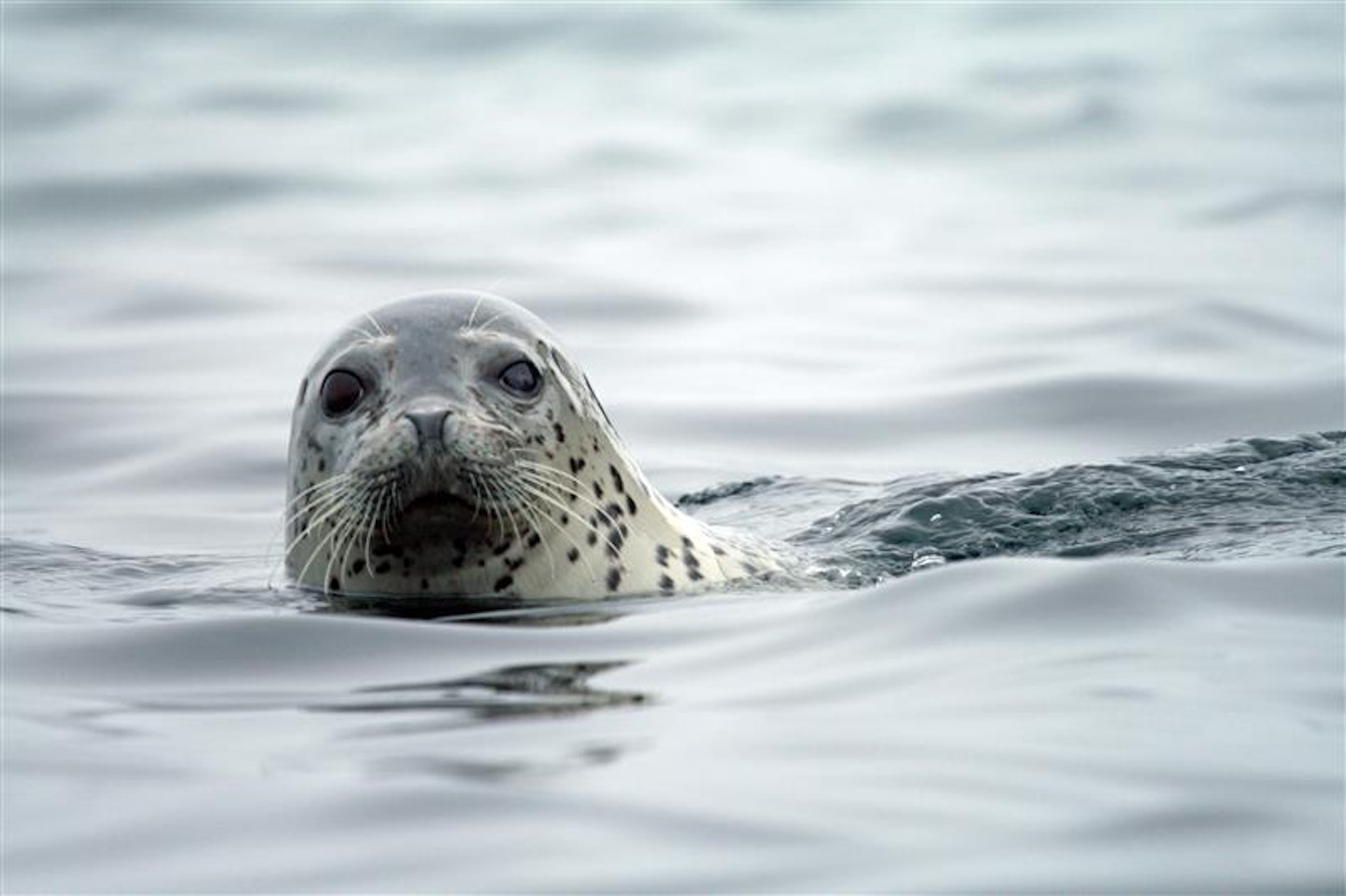The impact of seals on a Midlands river’s fish stocks has been laid bare following the publication of a survey by the Environment Agency (EA), which found that the waterway will take ‘decades to recover’.
Until a few years ago Peterborough & District Angling Club (P&DAA) controlled some of the best river fishing in the country, with specimen barbel and chub thriving in their rich network of fisheries on the River Nene and its backwaters.
But in 2022, that all changed when a number of ‘rehabilitated’ seals became resident in the Nene, where they have since decimated the big-fish population. An EA survey conducted earlier this year showed that in some stretches not a single adult fish was found. By contrast, a similar survey from 2019, before seals were present, hundreds of mature fish were detected.
“The river from Wansford Lock to the tidal limit at the Dog in a Doublet is approximately 25km. It’s almost devoid of fish in the open water apart from in Peterborough city centre where the remaining fish have returned to their overwintering location after the seals moved upstream,” the EA said in the survey.
“The impact on the ecology of the river for mammals, birds and invertebrates will be wide ranging.”
Battling public opinion
To P&DAA, these findings seemed inevitable since seals were first reported in the river nearly three years ago.
“We have campaigned to all relevant authorities for their removal and relocation,” said club chairman, Rob Harris.
“We have faced a conspiracy of faux environmentalism from pro-seal supporters that, frankly, struggle with the idea of balanced ecology and the wider environment. As loud as anglers shout, we are greatly outnumbered on this issue.”
To reflect the impact the seals have had, P&DAA has cut membership prices for the next two years, offering a reduced fee of £15 across all paying categories.
The club have completed a licence application for the seals’ removal and relocation to their coastal homes and are awaiting the result from Natural England.
“This should never have been the responsibility of a volunteer angling club. It should have been managed at government level,” Rob added.

Who is to blame?
The club believe that a number of bodies have failed them over the issue, specifically the RSPCA, EA, Angling Trust and Fish Legal.
“All the seals in the River Nene are tagged rescue seals, rehabilitated at RSPCA East Winch,” P&DAA said in a statement.
“These were released into the Nene rather than their coastal homes. The reasoning for this is no deeper than the convenience of travel and quietness of the location.
“After years of campaigning by the club, RSPCA agreed in 2024 to move the release site, but beyond this, they have refused to be involved in any process to relocate the seals already in residence.”
When the club contacted the EA regarding the issue, it was told that the Agency ‘had no remit for the management of seals’ and subsequently would make no intervention to aid their removal.
“It is the position of the P&DAA that, having been aware of the damage being caused over this period, the Agency is in breach of its statutory duty to protect fisheries. We are investigating legal action in this regard,” the club added.
While P&DAA commended the Angling Trust for confronting the RSPCA and reaching the cessation of Nene seal releases in 2024, the club says the Trust have taken no further ‘meaningful action’ since.
It also expressed disappointment with Fish Legal’s unwillingness to pursue action against the RSPCA or the EA in it’s belief that there isn’t a strong enough case to do so.

The response
Angling Times offered the RSPCA, EA, Angling Trust and Fish Legal the right of reply to P&DAA’s statement.
The Trust and Fish Legal said that progress on the application for the licence to remove the seals, which they were taking the lead on, stalled for over eight months when P&DAA requested to take over.
Jamie Cook, CEO of the Trust, said: “I’ve been personally involved with this issue for over a year, so I reject these unfounded criticisms of the Angling Trust and Fish Legal. Together the two organisations have devoted hundreds of hours trying to help P&DAA and other clubs remove seals from the Nene Valley.
“We secured an agreement rom senior executives at the RSPCA, Natural England, and the EA that the animals needed to be moved to protect fish stocks.
“Had the licence application form been submitted in a timely manner, we may have seen a resolution to the issue.
“The Angling Trust and Fish Legal will continue to actively support P&DAA and other local clubs to ensure these seals are safely returned to their colonies through collaboration with the relevant agencies.”
An EA spokesperson confirmed that they are ‘not legally responsible’ for seals causing damage to freshwater fish stocks but added that their cooperation with the RSPCA resulted in the cessation of seals being released into the tidal Nene, with them now returned to coastal sites.
Meanwhile, a spokesperson from the RSPCA said “Our seal rehabilitation work and releases have been developed using robust scientific evidence. We always take great care when we release seals in order to give them the best chance at surviving, and following collaboration with local groups, we now release seals at other locations in the area in the interests of all wildlife. Seals are protected by law and rivers are a natural habitat for them.”

